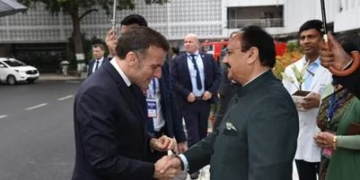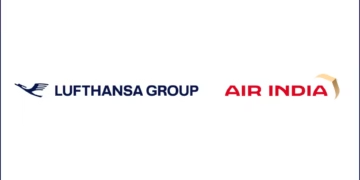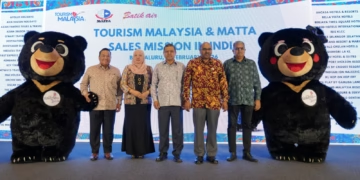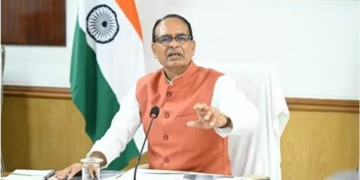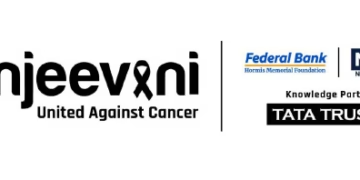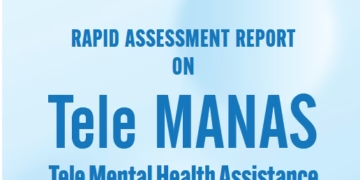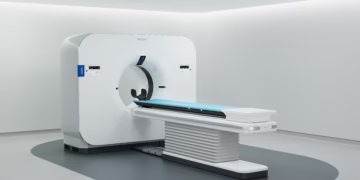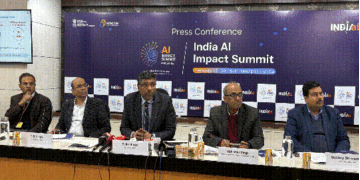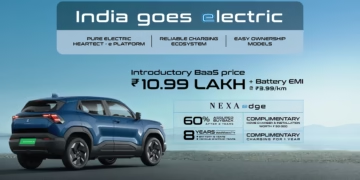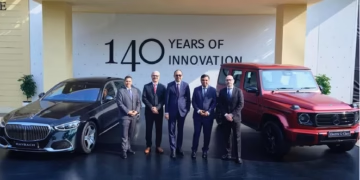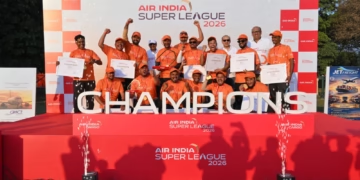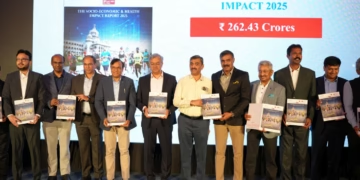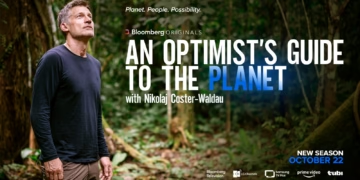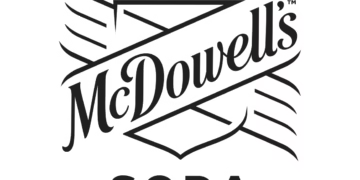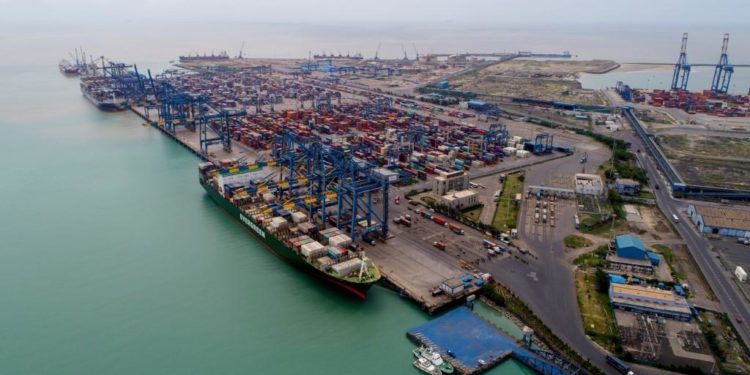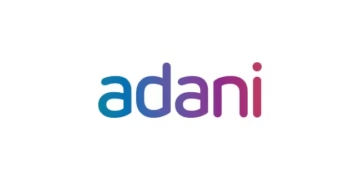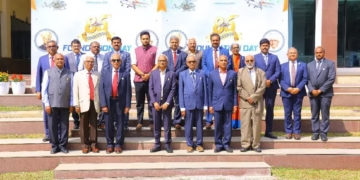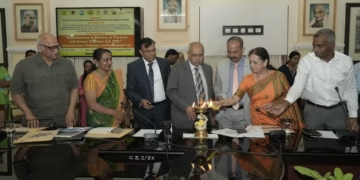October 17, 2019
- Propane dehydrogenation (PDH) unit to be established as raw material supply for acrylics value chain and polypropylene production
- Total investment estimated to be up to $4 billion
- Supply concept for 100% renewable energy under development
October 17, 2019 – Abu Dhabi National Oil Company (“ADNOC”), Adani Group (“Adani”), BASF SE (“BASF”) and Borealis AG (“Borealis”) have signed a Memorandum of Understanding (MoU) to engage in a joint feasibility study to further evaluate a collaboration for the establishment of a chemical complex in Mundra, Gujarat, India. This is the next step of BASF’s and Adani’s investment plans as announced in January 2019. With the inclusion of ADNOC and Borealis as potential partners, the parties are examining various structuring options for the chemical complex that will leverage the technical, financial and operational strengths of each company. The total investment is estimated to be up to $4 billion.
The collaboration includes evaluating a joint world-scale propane dehydrogenation (PDH) plant to produce propylene based on propane feedstock to be supplied by ADNOC. Propylene will be partially used as feedstock for a polypropylene (PP) complex, owned by ADNOC and Borealis, based on proprietary state-of-the-art Borealis Borstar® technology.
The PP complex will be the first overseas production joint investment by ADNOC and Borealis as part of a strategic framework with their current joint venture Borouge. Furthermore, propylene will be the key raw material for the previously announced acrylics value chain complex comprising glacial acrylic acid (GAA), Oxo-C4 (butanols and 2-ethylhexanol), butyl acrylate (BA) and potentially other downstream products as part of a joint venture of BASF and Adani in which BASF holds a majority.
The designated site is planned at Mundra port in Gujarat, India, and the products are predominantly for the Indian market, serving a wide range of local industries, including construction, automotive and coatings.
The chemical complex in Mundra is intended to be entirely supplied from renewable energy resources. The partners are evaluating co-investment in a wind and solar park with the plans at an advanced stage of development. If realized, this would be the world’s first CO2-neutral petrochemical site to be fully powered by renewable energy, fully in line with the partners’ commitment to sustainability and energy efficiency.
Commenting on the MoU signing, Dr. Sultan Al Jaber, UAE Minister of State and ADNOC Group CEO, said: “This exciting collaboration is in line with ADNOC’s strategy to foster mutually beneficial partnerships. As a value-adding partner, ADNOC will play a crucial role as the propane feedstock supplier to this project. As the fastest growing global energy market, India is crucial to our international growth ambitions in the downstream sector. As such, this project allows ADNOC and its partners to capture the promising growth in the Indian polyolefins market.”
Gautam Adani, Chairman of the Adani Group, stated: “We are very pleased to collaborate with our international partners to establish a Chemical Manufacturing Complex at Mundra Port. We stand committed to the ‘Make in India’ initiative and serve the larger purpose of aligning growth opportunities with creation of goodness for the nation.”
“BASF remains committed to investing in India’s growth. We will play a key role in driving this joint collaboration which is also pioneering in terms of sustainability. We look forward to working together with our partners in establishing a chemical cluster in Mundra and to supplying the Indian market with high-quality downstream products,” said Dr. Martin Brudermueller, Chairman of the Board of Executive Directors of BASF SE.
Alfred Stern, CEO of Borealis, added: “This partnership is a unique opportunity to strengthen our PP presence in India with proprietary Borealis Borstar PP technology and to create value and tangible benefits through innovation for customers across multiple industries.”
The partners aim to finalize the joint feasibility study by the end of Q1 2020. Production is intended to commence in 2024.

